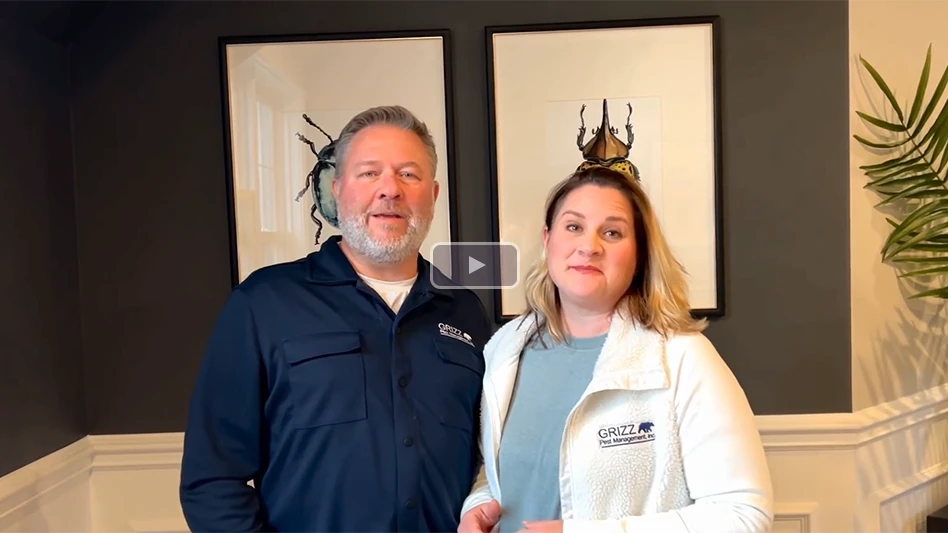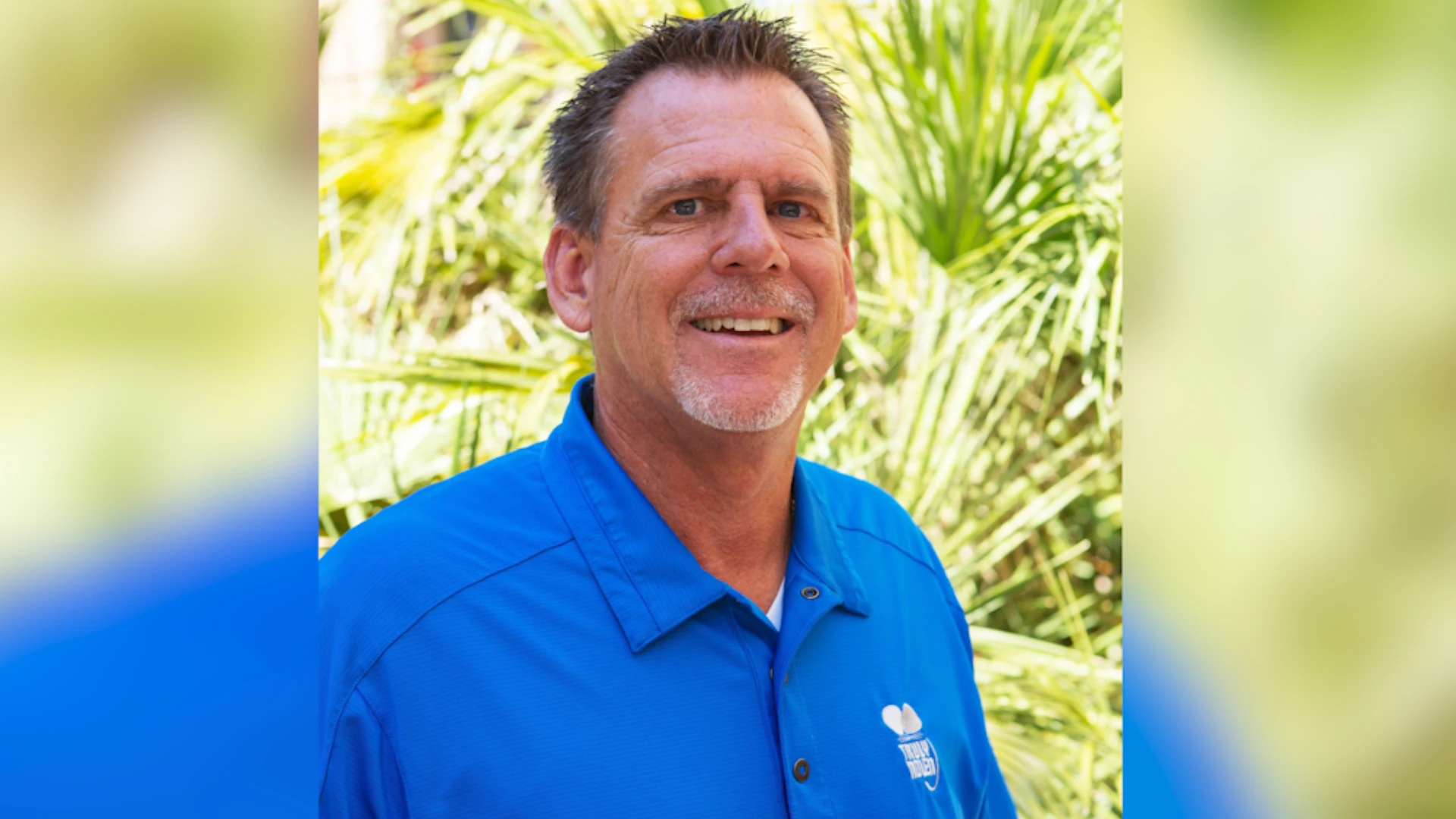When Nashville was hit by the flooding of the Cumberland River in early May, lives were lost, homes were destroyed and businesses were torn apart. For Genma Holmes, owner of Holmes Pest Control, in suburban Hermitage, Tenn., the destruction that hit her area was gut-wrenching.
Holmes has a strong relationship with her clientele, as many small business owners do. While Holmes is not a second- or third-generation pest control operator (PCO), she has grown her business by developing relationships with commercial and residential customers in her community.
So, in May when the flood crippled Nashville, it was very personal in her case. She saw friends lose their businesses and customers lose their homes. The deadly flood was so bad that in late June celebrities held "Nashville Rising: A Benefit Concert for Flood Recovery," hosted by Faith Hill and Tim McGraw. Stars like Sandra Bullock, Miley Cyrus, LeAnn Rimes and Taylor Swift turned out to raise more than $2 million.
APPLYING WHAT WAS LEARNED. In Holmes’ case, she was actually prepared for the devastation thanks to a pest control seminar she attended in 2005. One of the speakers was Bob Kunst, owner of Fischer Environmental Services, Mandeville, La. Kunst talked about his business in the aftermath of Hurricane Katrina, stressing the importance of having access to his business records, communication with both employees and customers, and how close he came to losing everything.
Although there was no disaster waiting around the corner, Holmes took that advice to heart and decided to become the model small business owner when it came to developing an emergency preparedness plan.
Years ago, Holmes had approached the U.S. Small Business Administration for information about pest control prior to starting her business (see related article, right). She maintained that relationship throughout the years and then came back to the SBA when it was time to develop her company’s emergency preparedness plan.
"Because I was not familiar with the pest control industry, I went to the SBA to find out how much they make, what the business model looks like, what the size and makeup of the average company, etc.," Holmes said. "That’s how I first started my business, with SBA’s background information and help.
"But after I heard [the presentation] about the importance of backing up my information, I came home and decided to go a step further than backing up paper documents and electronic files. I recorded the VIN numbers on all of my vehicles and wrote descriptions of every piece of equipment I use in my business. I also videotaped my equipment and took snapshots of what a typical business day looks like for Holmes Pest Control during our busy season and what it would look like in an off-season month, like November or December."
*****
Genma’s Checklist
Genma Holmes, owner of Holmes Pest Control, provides PCT readers the following list of things to do in order to protect one’s business in case of an emergency, based on her experiences working directly with the Small Business Administration.
? Back-up Documentation. All documentation relating to key aspects of the business needs to be backed up, copied and left with someone not extremely close geographically. This includes everything from licenses to phone numbers to customer lists to banking information. Holmes: "It doesn’t help if there’s an emergency and everything is backed up next door to you. Local people should have it in different parts of your town so that if something happens to you on the west side, the east side where your backup material is located is okay."
? Communications Plan. Develop a communication plan so that you are ready to communicate with your customers, whether its by email or postcards or phone calls. Holmes: "You want them to know you’re open or closed as a business; you want to be in control of the message."
? Electronics & Banking. Make sure you have a back-up set of electronics and access to money should your business need emergency cash. Holmes: "When the flood hit Nashville the ATMs weren’t working. If you need to buy something to restore your business, make sure you have an emergency debit or credit card or some cash put away for you and your business. That’s important."
? Day-to-Day Schedule. Create a daily schedule of operations. If you were to leave your business for two weeks to a new hire, would they know all systems that you have in place for opening, closing, making bank deposits, what routes are normally serviced on what days, etc.? Holmes: "My son came home from college and opened my office one day and he didn’t know how to switch the phones from the answering service because he didn’t know my normal routine, so right there I knew I needed someone outside of my shift to know what my routine is and be able to do it from paper (documents)."
? Photograph Everything. There is a huge difference in the insurance world between replacing a desktop computer and replacing a premium setup. If you have pictures and serial numbers of all equipment owned by the business, you can get your life back quicker and easier. Holmes: "That makes a difference between getting a $2,000 or $5,000 replacement."
? Alternative Office Space. If your office is destroyed or damaged, you need to have a plan in place for restarting your business in another location, even temporarily. Holmes: "The facts are that 75 percent of small business owners have a plan to get people back to work but only 28 percent say they have access to alternative office space. Be willing to relocate if something happens to your business and be ready before something happens."
*****
SPREADING THE MESSAGE. After developing her company’s emergency response plan, Holmes was sold on the importance of this business practice and began encouraging others — including her own professional service consultants — to implement similar plans in their businesses. "I kept everything in order and then when I met with my accountant and my lawyer they each said, ‘I think I need to do this. This is very helpful.’ Then pretty soon I was being asked to speak at local and regional business conferences about disaster recovery plans."
While Holmes Pest Control focuses on general pest control and has a nice foothold in the Nashville market, a natural disaster can ruin one’s business in one fell swoop. And tornadoes in the Nashville area from 2006 through 2009 were a precursor to the devastation that the 2010 flood would bring. "During those major tornadoes, thank God, I had my information with me," Holmes said. "I knew how many customers I had in my area and I had their contact information.
"You don’t want to call someone who had a major disaster and schedule a pest control stop. You’re sensitive to their needs. We were able to help our customers, whether they were a homeowner or business owner. There’s nothing like saying, ‘I’m not coming to service [your home or business], I’m coming to serve you.’ And after each major tornado we weathered in our area I became convinced that this is information I need to share with other people."
*****
Genma Speaks
Genma Holmes, owner of Holmes Pest Control, enjoys communicating with friends, family and customers via her blog, http://genmaspeaks.blogspot.com. Here is Holmes’ blog entry about the Nashville flood.
On Thursday, April 29, 2010, it started raining and for several days the rains from the sky did not cease. On Saturday May 1, our city started feeling the effects of that rain. It rained more in three days than it had all of last year. On Monday, May 3, the skies were crystal clear and a beautiful blue and the devastation from the weekend storms was evident for all to see. Our city, the city of Nashville and the Middle Tennessee region were declared disaster areas along with twenty-two counties. Flood waters had gotten as high as 52 feet.
*****
A MAJOR IMPACT. The flood itself affected a total of 58 percent of the Nashville area, Holmes said, and a vast majority of those were her customers who were both friends and customers.
"Although we are primarily a commercial company, we service many homes of elderly customers, new moms, and reservists on active duty. It’s one thing to see a disaster on TV — it’s another ordeal to see it in your backyard. We were using our pickups to haul people out of their homes by laying them on the flatbed. You’re not prepared for that. While helping others you’re wondering if your stuff is floating down the river, but the people of Nashville came together. God gave us trucks but I thought at the time that they won’t be for pest control this month — they’ll be for taking laundry to the Tide location, taking business people around town, helping people get on their feet."
Spreading the word on social media sites — even to request diapers for new moms or clean laundry for her customers — allowed Holmes to spread her faith beyond her church and far into the community, as she always has done.
"What killed me was that two or three people we know lost everything in the flood and they still sent their check that month," she said. "I called them and said, ‘What’s up?’ and they told me that I’ve always been there for them. I wanted to cry.
"But I can’t say enough good things about social media: Twitter, Facebook, blogging. On Twitter, everyone reading my tweets would share with others: ‘The pest control lady (bugsact) is asking for your help.’ And many called to help."
The author is a Chicago-based writer who can be contacted at edemask@giemedia.com.

Explore the September 2010 Issue
Check out more from this issue and find your next story to read.
Latest from Pest Control Technology
- Termite Control Sales Strategies
- NPMA Announces ELP Class of 2025
- Termite Control Tools and Equipment for PMPs
- Choe Reviews Drywood Termite Geographical Hotspots, Latest Research Findings
- Mosquito Squad Announces Rebranding to Mosquito Squad Plus
- Pest Control Equipment: If it’s Critical, Back it Up!
- In Memoriam: Marybeth Wonson
- In Memoriam: Layton Word





